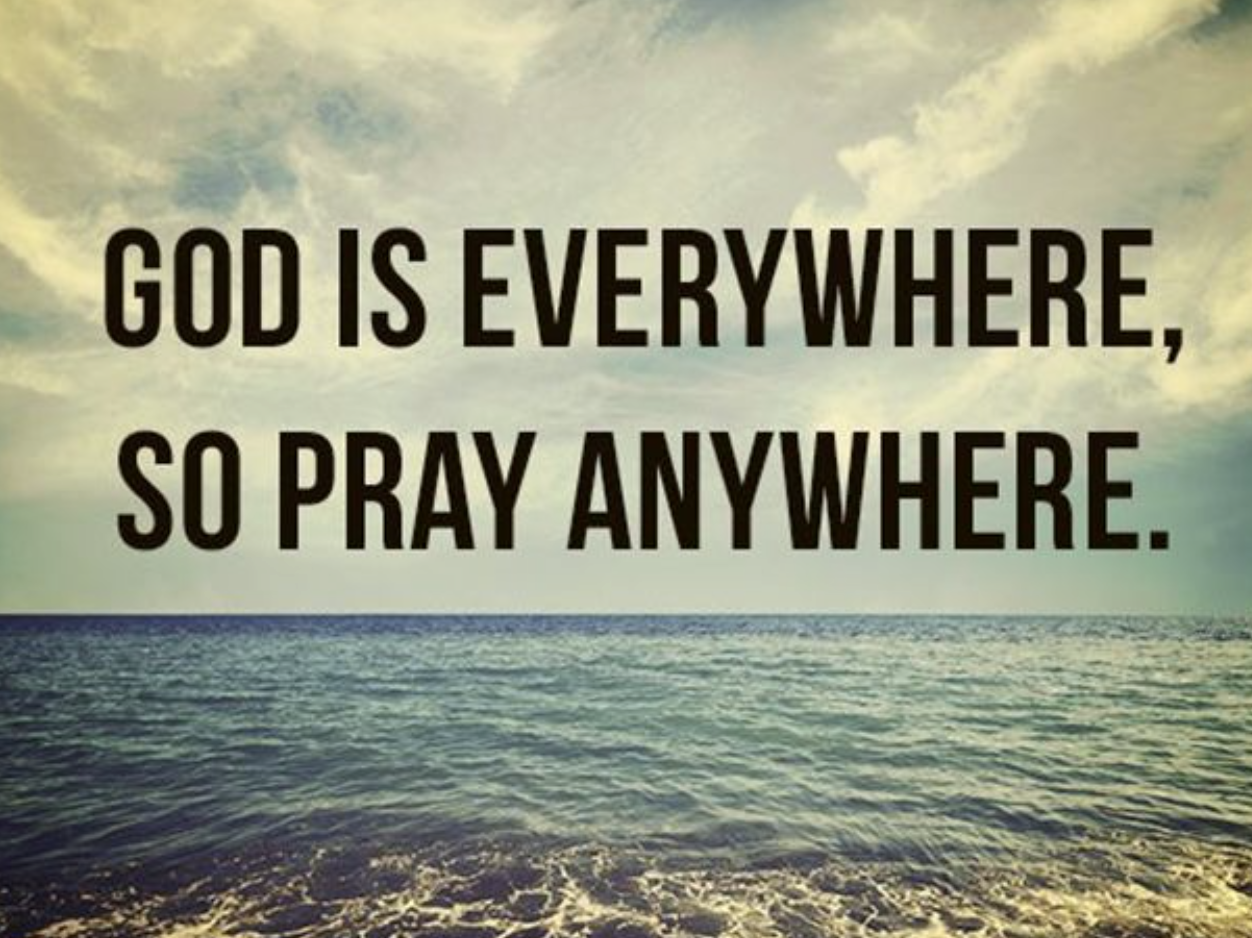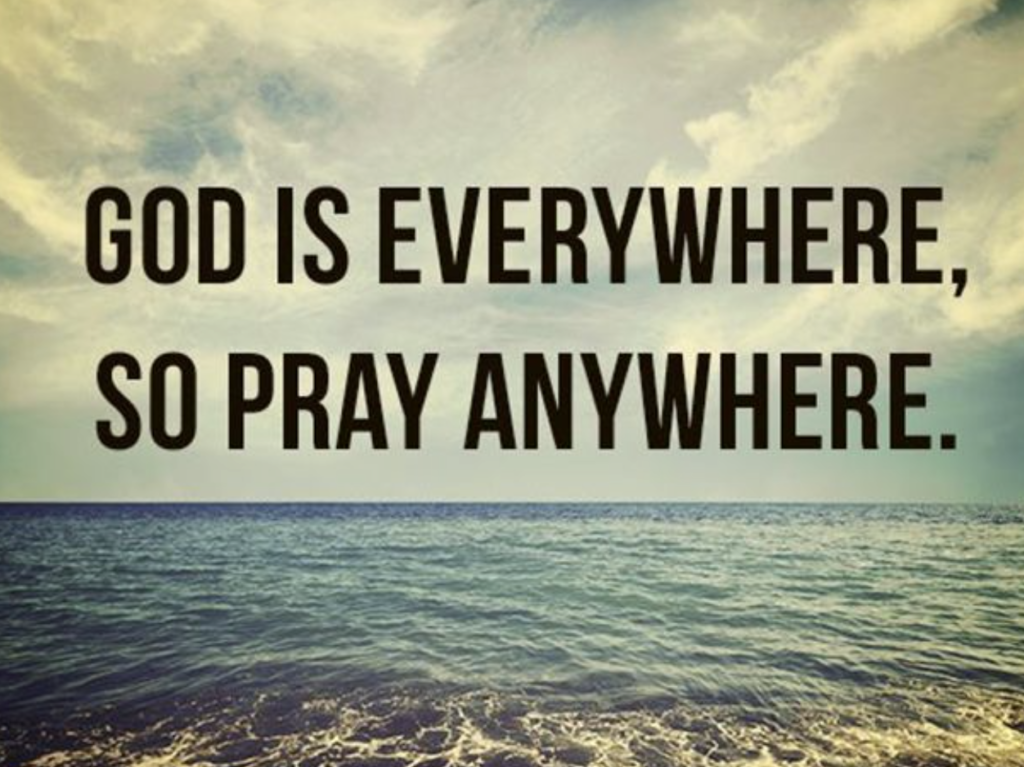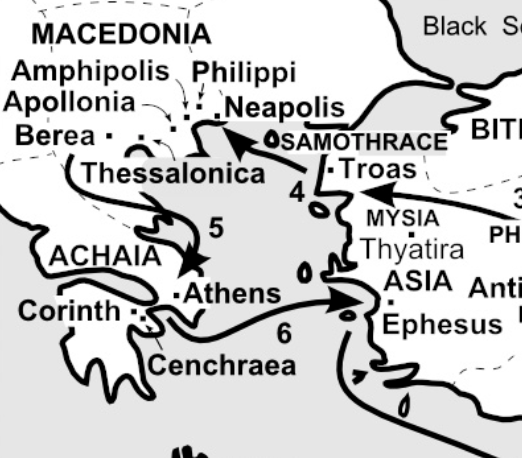
Do you recall after a driving lesson or a after a test the teacher asks: “How did you think that went?” I’d close both eyes expecting them to respond “well, possibly, how about when you did this or that?” I wanted them to offer some encouragement from the very start.
I’m looking this week at both the New Testament letter and the Gospel separately. A bit of a BOGOF really.
First Letter
When asked what’s the first book of the New Testament, the answer is invariably ‘Matthew’ when possibly you’d be right in saying ‘First Thessalonians’. Why? It was probably the first letter to be written which was included in the New Testament. It was around 48-52 AD, compared to the late 70s AD for the Gospel. All dates are very approximate.

Paul had been on a long journey already when he travelled through northern Greece, known today as Macedonia, stopping for a short time in Thessalonica before loitering in Athens, and finally getting to Corinth. Here he found time to write to the community he had encouraged in Thessalonica (which is the Latin name, it then was renamed Salonika, before today known as Thessaloniki – the second largest city in Greece).
In the Book of Acts 17:2-9 we read that Paul, Silas/Silvanus (who co-wrote 1 Corinthians) and Timothy travelled together before getting separated at Berea.
What would we write to a new fledgling community whom we have only known for possibly a few weeks, in order to offer some encouragement from the very start?
Context
Paul had struggled in many of the places where he had stayed in his journey. The locals seem relatively pleased if not intrigued with the message. What he had said had differed considerably with what they had grown accustomed to with the other religions such as Stoicism and Epicureanism. But when the Jews caught up with him, there were more than nasty words spoken.
Now accusations had started to fly that they were trying to imitate gods. In those days people could be seen as gods – the Emperor for example.
Paul’s defence
So in 1 Thessalonians 2:9-12 we have Paul’s defence: careful explanation. Paul claims that the Thessalonians were witnesses – a critical part of any philosophical argument in Greek social discussions. He claims that he was pure – I wonder if this links back to his Pharisee days of being pure and holy?
Are we ashamed of our past when others might see it as being vulnerable, of being honest?
Paul also claims that his behaviour was blameless. He had worked on tour. What’s wrong with that? Well, some would claim that this just wasn’t the right thing to do. Paul was a bi-vocational pastor – in today’s language. And we are seeing more and more of people called into ministry but not being paid full-time. So blameless but still not following God all of the time. Like all of us we do need to acknowledge that we seek to follow God.
Good News
In this Chapter alone, Paul uses the phrase the “good news of God” three times. Not his good news, but the good news of God, the Gospel of God. It’s only found twice more in Romans and once in the Epistle from Peter. Why might Paul wish to use such a phrase in this letter other than to offer some encouragement from the very start.
So what’s different?
Paul delivers the Good News of God which is entwined with the people. They didn’t “accept it as a human word but as” something “which is at work in you”. The Good News explained by Paul was something which vulnerable and profound, and connected with everyone listening.
How can we convey that truth in such a way as it engages with people? Possibly by not using long theological words but words which are part of our everyday conversation, using examples of our everyday life. They’ll still impart what God really means to us.
So let’s offer some encouragement from the very start. Let others know that this pandemic life is pretty hard but we have found a way of coping, of being with a God of love. We have done this through prayer (in a variety of ways not just the old ones led by someone in the front of church – as that’s been closed for some time). That God is where we are, not only in a building open on Sunday’s at 11am.

